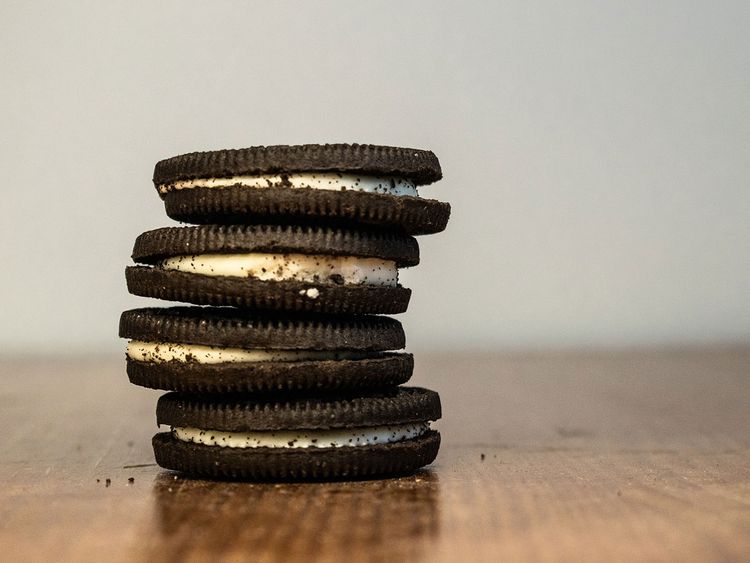
The Ministry of Climate Change and Environment (MoCCAE) of the United Arab Emirates clarified assertions made on social media that Oreo cookies aren’t halal. Social media discussions concerning the halal status of Oreo cookies in the UAE created controversy. The ministry has made an effort to put the rampant rumors to rest.
In a statement, MoCCAE stated: “Recently, the claim that Oreo cookies are not halal because they include alcohol and pork has gained traction. We wish to inform you that this is untrue.” According to the statement, the biscuits’ contents “do not contain any animal origins products, such as grease and fat.” Laboratory tests have validated this, the statement added.
The Abu Dhabi Agriculture and Food Safety Authority claims that there is “no verified proof” that the oreo cookies are not halal
The ministry added, “The ministry confirms that all imported and traded foods are subject to an integrated system of procedures and programs that ensure the highest food safety standards and conformity with the approved specifications in the country.”
The Abu Dhabi Agriculture and Food Safety Authority allegedly commented on the matter and claimed that there is “no verified proof” that the cookies, made by the American company Mondelez International, contain substances that are not halal.
Halal is an Arabic word that in English means “permissible”
Halal is an Arabic word that in English means “permissible.” Blood and alcoholic beverages are examples of foods that Muslims do not regard to be halal. As Oreos are sold all over the world, according to a statement on Mondelez’s website, the business outsources its halal certification to “external agencies.”
The statement further added, “Mondelez International is committed to meeting the needs and preferences of our consumers, which can vary from market to market. We consider various factors, including religious food requirements such as kosher or halal, when deciding what to offer consumers in a specific market.”






